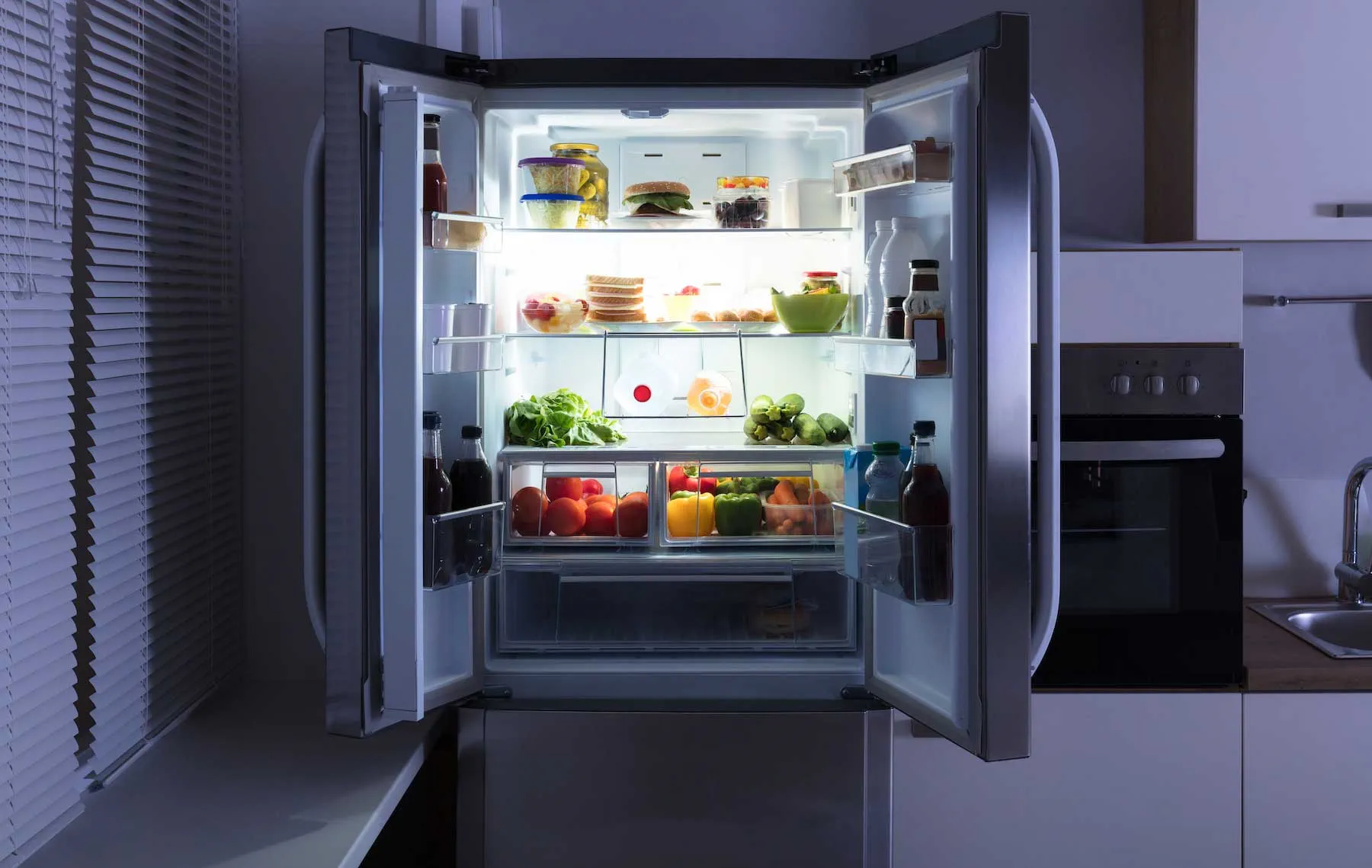There are a variety of fridge options for RVs. The best one for you depends on your lifestyle and needs.
A residential-style refrigerator is great for families who camp with a lot of people and cook. Be sure to get a fridge with a fan to circulate air. Also, RV refrigerators must be level to work correctly.
Cooling System
An RV refrigerator is a vital piece of equipment for any camper or rv owner. Whether you’re a weekend warrior or full-time RVer, a functional fridge is crucial to your happiness on the road.
Unlike residential fridges, which run on compressors, an absorption RV fridge uses heat and chemical reactions to keep your food cold. The process has three primary steps: regeneration (boiling), evaporation, and absorption.
The boiler heats water and ammonia, which are dissolved in each other in the same way salt dissolves in water. Then, the boiler separates the ammonia from the water, the same way a moonshine still separates alcohol from the mash.
The resulting pure liquid ammonia then moves to the evaporator coil, where it cools the fridge by evaporation. As the ammonia cools, it recombines with water vapor and drips back to the absorber, where the cycle starts again. The absorption refrigerator is a great choice for RVers because it can run on both electricity and propane, which is important for boondocking travelers.
Temperature Control
The temperature control system of your RV refrigerator is the key to preserving foods and drinks on your travels. Optimized thermostat settings can significantly reduce energy consumption while providing consistent cooling performance throughout your journey.
Ambient temperatures and airflow are important factors that impact your fridge’s ability to cool effectively. Try to park your RV in shaded areas or use RV window awnings and reflective materials to limit direct sunlight on the fridge vents. Avoid overcrowding your RV refrigerator or adding warm food to it, as this forces the fridge to work harder.
Using an RV Refrigerator Thermometer to monitor the internal fridge temperature can also help you optimize your energy efficiency. With its sleek design and waterproof adhesive mounting feature, our Lippert OneControl refrigerator sensor mounts easily inside the fridge, ensuring you get real-time temperature updates and notifications right in your smartphone app. Our intelligent monitoring system also avoids unnecessary alerts during normal usage by only triggering an alarm if the fridge has been opened and the temperature does not return to its normal range.
Thermostat
Many RV refrigerators are residential-style units that can be used in either electric or propane mode. It is best to operate your RV fridge in the electric mode, as this can significantly reduce energy consumption and eliminate the need for using propane.
Keeping your RV fridge in the proper temperature range is essential for food preservation and consistent cooling. You can do this by regularly monitoring the refrigerator’s temperature using a reliable thermometer and optimizing the thermostat settings. Additionally, it is important to keep the refrigerator fully stocked and to leave enough space for air circulation.
You can also improve your RV fridge’s performance by installing a 12V vent fan on the roof of the refrigerator. This can help remove heat and increase its efficiency by up to 40 percent. Lastly, it is a good idea to regularly check the fridge door seals for cracks or gaps, as these can also impact cooling efficiency.
Energy Efficiency
A refrigerator consumes a large amount of power but there are a few things we can do to help it be more efficient. For example, a 12V thermostatically controlled fridge vent fan can make a big difference. This helps to remove excess heat and improve cooling efficiency by up to 40 percent.
Also, ensuring your RV is level can help to ensure that the fridge doors shut and seal properly. This helps to keep cool air flowing properly through the fridge and avoids problems like rust or frost.
Additionally, we can try to only open the fridge when needed so that it doesn’t have to work as hard. We can also try to let leftovers cool down to room temperature before putting them in the fridge. Finally, a great option is to consider going solar on your RV. Having the ability to go wherever you want so long as there is sunlight can be a real boon.


